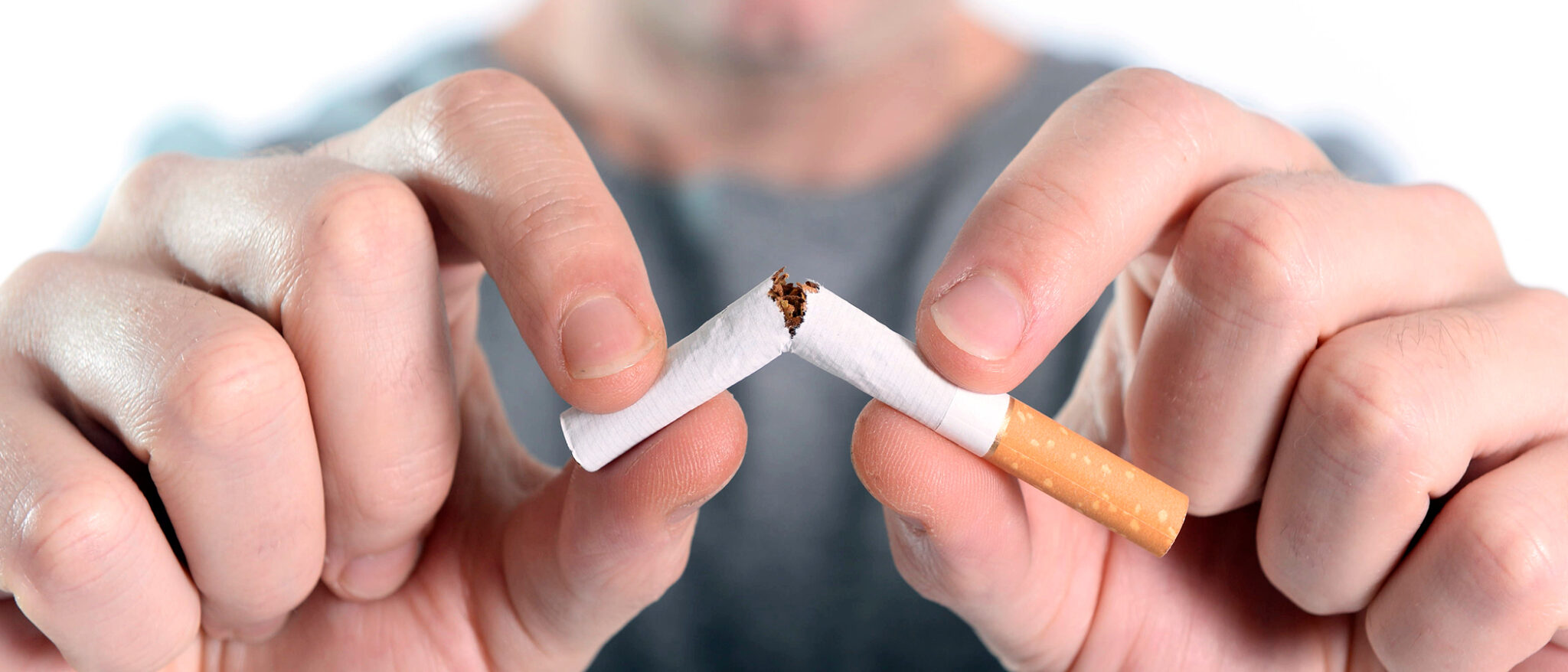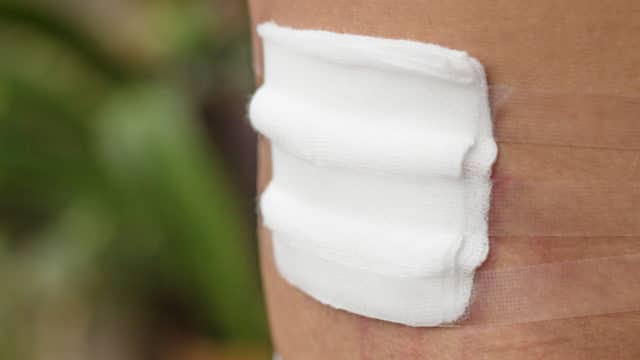Smoking and Wound Healing
How Does Smoking Affect Wound Healing?
Cigarettes contain nicotine. Nicotine causes your arteries to become narrow. It can also cause your arteries to go into spasm. When this happens, the oxygen and nutrients carried in your blood cannot get to your wound. Oxygen and nutrients are needed for your wound to heal. A wound that does not get enough oxygen and nutrients may result in a wound that does not heal.
How Else Does Nicotine Affect the Body?
- Tobacco smoke leads to many types of cancers.
- Smoking increases your heart beat and blood pressure. It strains your heart and blood vessels.
- This can cause heart attacks, strokes or, limb amputations.
- Smoking makes a tar like substance that coats your lungs and may cause lung cancer.
- Smoking leads to emphysema and chronic bronchitis. This causes the lung and heart to fail.
- Smoking harms nearly every organ of the body.
- Smoking accounts for 438,000 deaths or 1 in 5 deaths in the U.S. every year.
Reap the Benefits of Smoking Cessation
According to the American Lung Association:
Short-term benefits
20 minutes after you stop smoking:
- Your blood pressure decreases
- Your pulse rate drops and
- The body temperature of your hands and feet increases
8 hours after you stop smoking:
- The carbon monoxide in your blood returns to normal
- The oxygen level in the blood increases to normal
1 day after you stop smoking:
- Your nerve endings start to re-grow
- Your ability to smell and taste is enhanced
2 weeks to 3 months after quitting:
- Your circulation improves
- Walking becomes easier
- Your lung function gets better
1 month to 9 months after quitting all of the following will decrease:
- Coughing
- Sinus congestion
- Fatigue
- Shortness of breath
1 year after quitting:
Your risk for coronary heart disease is decreased to half that of a smoker
Long-term benefits
After quitting for 5 to 15 years:
- Your stroke risk is reduced to that of people who have never smoked
After quitting for 10 years:
- Your risk of lung cancer goes down to as little as one-half that of smokers
- Your risk of cancer of the mouth, throat, esophagus, kidney, and pancreas decreases
- Your risk of stomach ulcers decrease
After quitting for 15 years:
- Your risk of coronary heart disease will be similar to that of people who have never smoked
- Your risk of death will be nearly the same as people who have never smoked
If you quit smoking you will have:
- Less chance of cancer, heart attack, lung disease
- Better blood circulation
- No odor of smoke in your clothes and hair
- A better sense of taste
- Set a healthy example for your children and grandchildren
- Healthier family members
Smoking Cessation Resources
- US Department of Health: Surgeon General “Quit Now”: 1-800-784-8669
- US department of Health: Surgeon General “You Can Quit Smoking” Consumer Guide: 1-800-358-9295
- US Department of Health & Human Services: www.smokefree.gov
- Agency for Healthcare Resources and Quality: www.ahrq.gov/path/tobacco.htm
- American Lung Association Helpline: 1-800-LUNG-USA
- Ask your health care provider about programs to help you stop smoking.
Sources
American Lung Association: Retrieved online April 30, 2009 from http://www.lungusa.org
CDC: Fact Sheet Health Effects of Smoking. Retrieved online. April 10, 2009 at: http://www.cdc.gov/tobacco/ data_statistics/fact_sheets/health_effects/health_effects. htm




